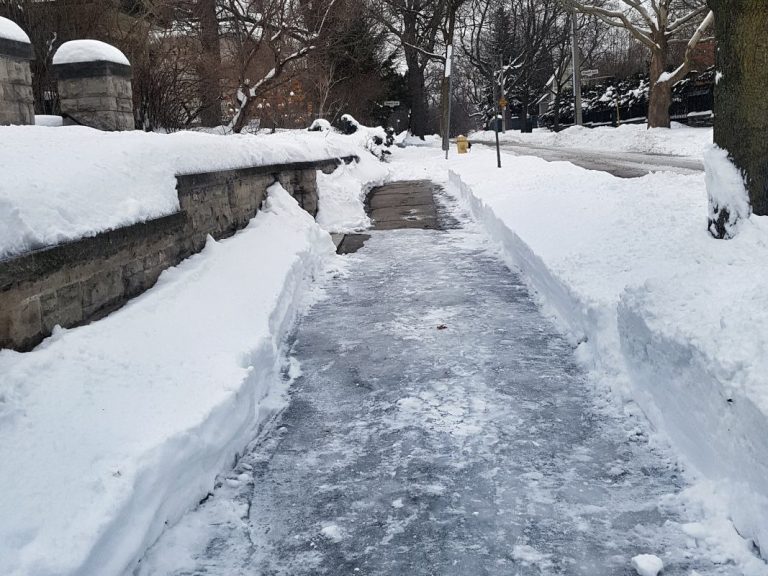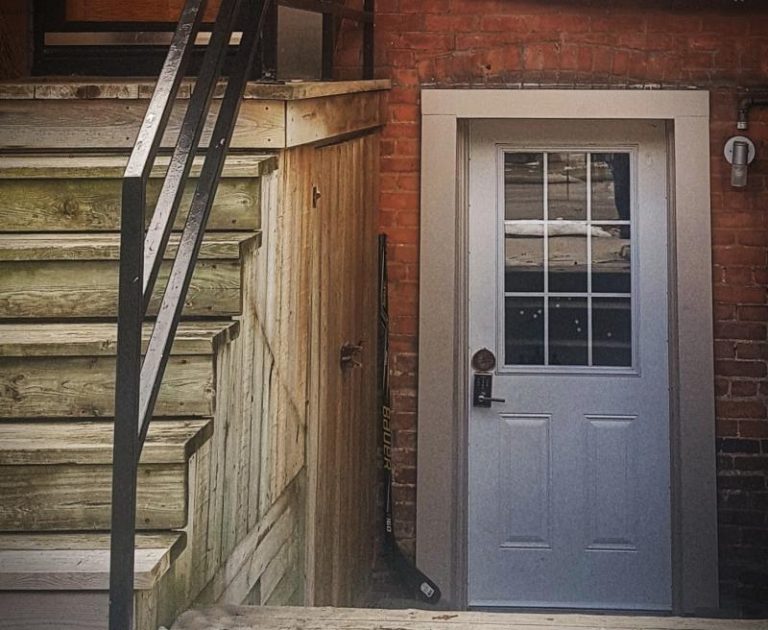Paul’s Ten Tips for Buying an Income Property in Toronto

I have been active in the Toronto residential income property market for almost twenty years. During that time, I have helped hundreds of clients buy, sell and lease duplexes, triplexes and multiplexes all across town. There are many things that you can do to increase your chances of making a good, prudent and fiscally viable purchase. Here are ten strategies (in no particular order) that many would-be landlords will find useful.
1. Be conservative on your rental estimates.
When you get a suite vacant, you can set the rent at however much the market will bear. When you are doing your numbers before you buy, I recommend that you discount the potential rents slightly. It is always better to err on the side of caution. If you project rent that is too high and then you don’t get it, then your bottom-line returns are not going to be as strong as you (or your lender) may have expected.
2. Request complete and exact expenses for the property.
Some sellers like to omit things insurance or water bills. It does you no good to find out that your real expenses are considerably higher that you expected, again leading to a lower overall return.
3. Use a mortgage broker that has access to many different types of lenders.
Quite often the top-tier banks are not the ideal lender for an income property. Some banks do not count the rental income when determining your eligibility for financing. Use a lender that is familiar with the type of property that you are contemplating.
4. Learn about cap rates.
The only way that we can do apples to apples comparisons with other types of investments is by analyzing what the true percentage return is. The capitalization rate is the actual net return based on the net rental income as an expression of the purchase price, without factoring financing.
Cap rate = Price/Net Income. If a duplex has a cap rate of 4 you can now compare it to other investment vehicles. In Toronto most residential income properties in the central core trade in between a 3.5 and 4.5 cap rate. When you go outside of Toronto, the cap rates start to get higher.
5. Do not accept or make peace with any large deficiencies on the property that cannot be corrected.
If the subway runs under the property, that’s not so good. If there is a highway, power lines or cemetery behind your back yard, that’s probably not the greatest thing either. Do not fool yourself in believing that you will get used to any problems. I think that it is the complete opposite. Every time you see the deficiency it will remind you that you might have made a mistake. There is always going to be another property that will come up for sale, so don’t settle.
6. Where possible, try to get your suites empty at closing.
This way you can set the rent at whatever the market will bear. In Toronto, we have a current shortage of rental apartments so there will be a strong demand. Vacant suites also give you time to clean and freshen up all the rooms. You can also spend a little more time being selective about the kind of tenant you want.
7. Always try to find income properties close to the subway, restaurants and other conveniences.
Quite often tenants do not have a vehicle, so they have to walk or take the bus to get to places. Being within walking distances to all shops and transportation is always more desirable. Properties along the subway line will certainly retain their value as well.
8. Get a qualified agent to help you.
If you are not dealing with me or one our Plex agents, you should be. Not all agents have the necessary experience in dealing with investment properties. Not all agents know how to do the math or know how to accurately assess a property’s true bottom line. Experienced agents know about retrofit, the Residential tenancies Act, and all the ins and outs of being a successful landlord.
9. Do not get hung up on whether the apartments are “legal” or not.
The main issue is that you are able to insure and finance the property at closing. A duplex with a non-conforming basement apartment is not a triplex. A house with a basement apartment is not a duplex. It can all get pretty confusing. The City of Toronto hasn’t done the greatest job either in keeping a registry of all legally zoned properties
10. Learn about the fire code and retrofit.
This is one of the areas that landlords are often deficient in. I see so many suites with no alarms, extinguishers or C02 detectors. Knowing the fire laws goes a long way to ensure your success as a landlord. When you buy your income property you must ensure that all fire code related items are properly looked after.
Recommended Reading: www.pcfirecode.com
There are many other factors that go into finding the right multiplex. By following some of the above guidelines, you will definitely increase your chances for success.
Share this:
- Click to share on Facebook (Opens in new window)
- Click to share on Twitter (Opens in new window)
- Click to share on LinkedIn (Opens in new window)
- Click to share on Pinterest (Opens in new window)
- Click to share on Reddit (Opens in new window)
- Click to email a link to a friend (Opens in new window)
- Click to print (Opens in new window)






